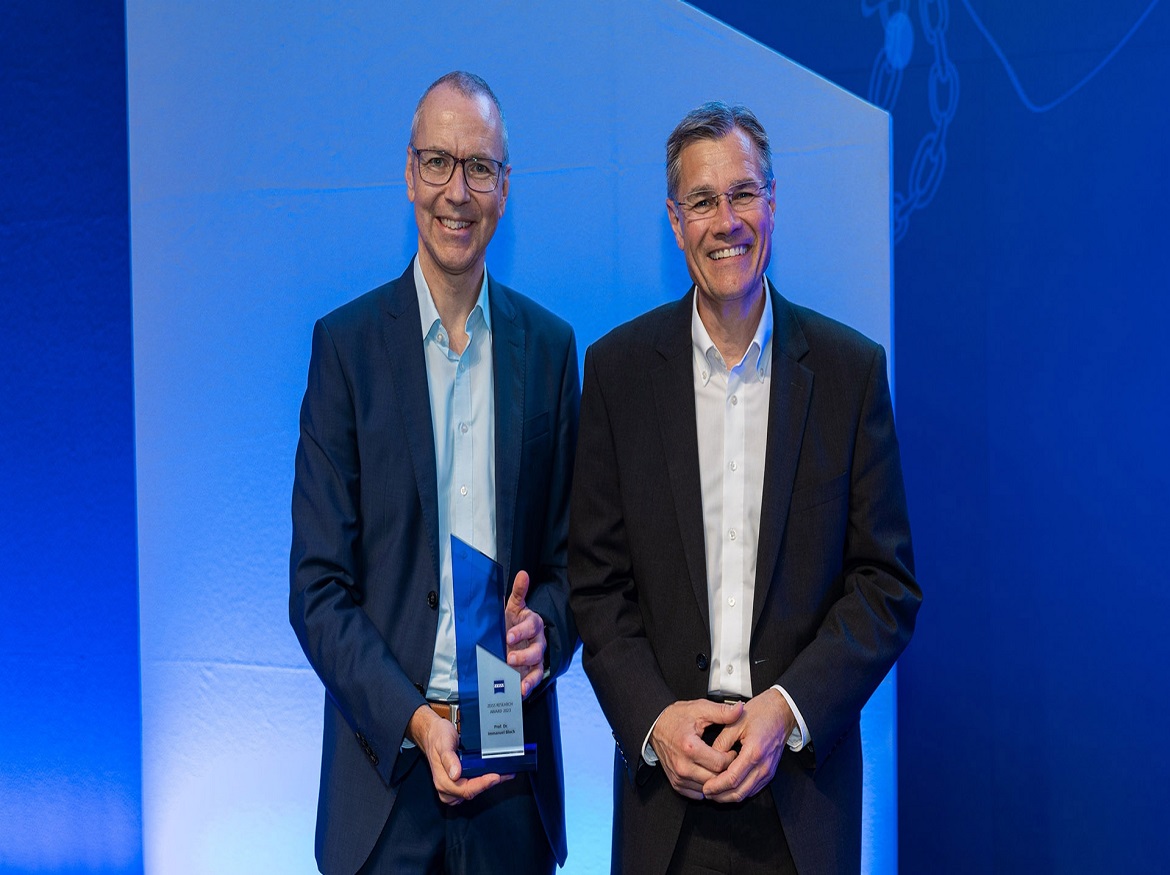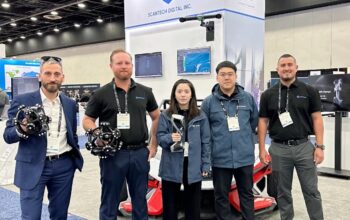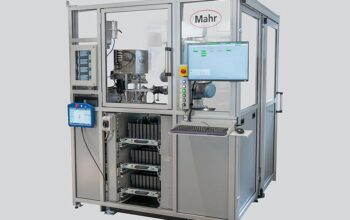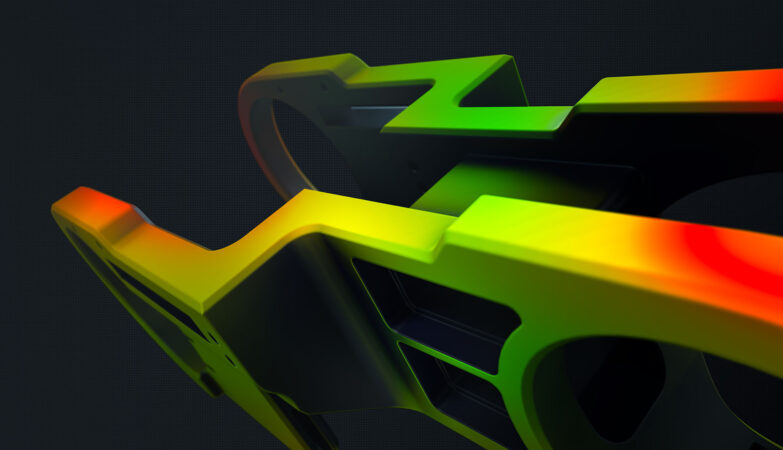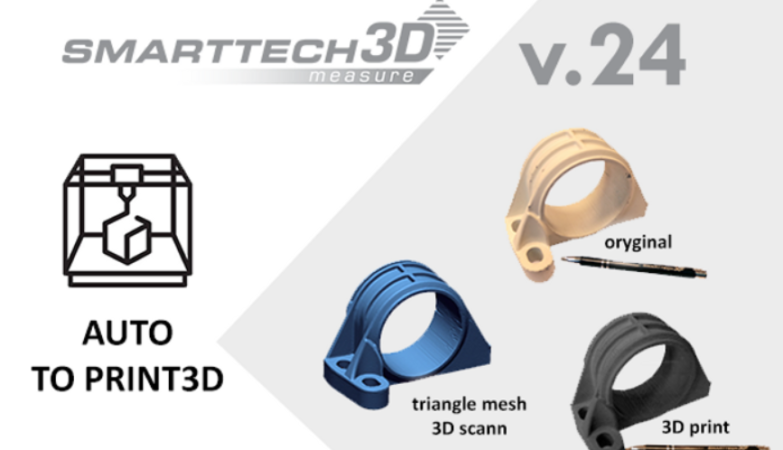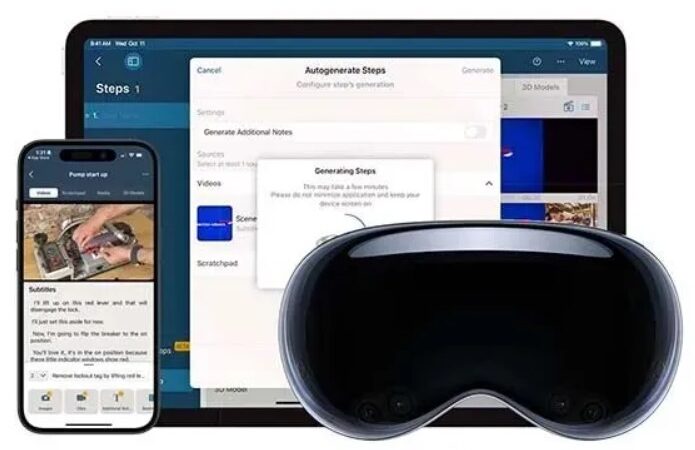In a formal manner on Monday evening, ZEISS presented two research prizes to a total of four scientists. Prof. Dr. Immanuel Bloch was the beneficiary of the ZEISS Exploration Grant, while Dr. Simon Baier, Dr. Arindam Ghosh, and Dr. Dasha Nelidova all got the Carl Zeiss Grant for Youthful Specialists. By introducing such honors, the organization can laud exceptional examinations in optics and photonics.
“The ZEISS Exploration Grant advances joint effort among science and industry and advances research in the optical business. ” For that reason, we are more than happy to have the option to praise the work and triumphs of incredible analysts. The honor is tied in with extraordinary science that empowers mechanical advancement and can subsequently decidedly impact our future,” said ZEISS Chief and President, Dr. Karl Lamprecht.
The celebration took place at the Deutsches Museum in Munich to mark the centenary of the planetarium, which was the first of its kind and was heavily influenced by ZEISS. The invitation to attend the awards ceremony the night before the start of the Laser World of Photonics trade fair was accepted by individuals from politics, science, and business.
Lamprecht immediately emphasized the connection between the location and the event in his speech. The Deutsches Gallery orders critical accomplishments of the past as shown in the endlessly present them so that we can see how innovative work has helped us,” he brought up. One of these ways took humanity to space. Because 2023 marks the centennial of the planetarium, Lamprecht discussed the moon landing as a technological marvel. Everyone utilizes these marvels today: ” According to Lamprecht, the computing power of a smartphone today is 120 million times greater than that of the Apollo guidance computer. This is due to advancements in research and development. “Only if you understand nature can you use this knowledge to improve our quality of life,” says the saying. That’s exactly what the four winners did.
A pioneer of quantum research
The quantum physicist with a doctorate, Prof. Dr. Immanuel Bloch, is viewed as a trailblazer in quantum research. Specialists are now treating the logical chief at the Maximum Planck Organization for Quantum Optics in Garching close to Munich and teacher of exploratory material science at Ludwig Maximilian College (LMU) in Munich as the following German Nobel laureate.
Considering that four of the award winners in the past went on to win the Nobel Prize, the ZEISS Research Award would appear to be a ground-breaking initiative in this regard. I am extremely pleased to have been given this award because it highlights our efforts and recognizes our accomplishments. I’m in front of an audience alone, yet I owe this accomplishment to my whole group,” said Bloch. He has created a new area of study: the investigation of fake quantum matter utilizing ultracold iotas in counterfeit gems of light or optical cross sections through profoundly complex optical trials at the connection point of quantum optics, quantum data handling, and strong state physical science. By using ultracold quantum gases, his work has made it possible to precisely measure and control the interaction between atoms or small molecules, enabling a deeper comprehension of how quantum materials like superconductors function. Thusly, he has made ready for the new interdisciplinary field of quantum recreation through his examination.
As a result, the three finalists for the Carl Zeiss Award for Young Researchers have already established themselves as experts in their respective fields. Baier is chipping away at quantum mechanics at the Establishment for Exploratory Material Science at the College of Innsbruck. Ghosh is directing examinations in biotechnology and biophysics at the Julius Maximilians College of Würzburg. Nelidova deals with ophthalmology at the Organization of Sub-atomic and Clinical Ophthalmology at the College of Basel where she has fostered a technique for reestablishing vision after visual deficiency brought about by age-related macular degeneration – the most widely recognized reason for visual impairment in industrialized nations. The Carl Zeiss Grant for Youthful Specialists is introduced by the Ernst Abbe Asset of the Contributors’ Relationship for the Advancement of Sciences and Humanities in Germany.
Outstanding research achievements in optics and photonics
Since 1990, ZEISS has honored exceptional accomplishments in photonics and optics. The Carl Zeiss Research Award served as the initial name of the award. In 2016, the ZEISS Research Award took its place. The accompanying models are critical to the ZEISS Exploration Grant: The candidates have achieved remarkable results in photonics or optics; they ought to in any case be effectively leading exploration and their work offers significant potential for acquiring further information and empowering down-to-earth applications. In the event that these models are met, they are proposed to a jury of global science specialists. The head judge was Humboldt University Berlin’s Prof. Dr. Jürgen Mlynek, who was in Munich for the award ceremony.
Karl Lamprecht portrayed the occasion at the Deutsches Exhibition Hall as a total achievement. ” With outstanding researchers at the center, it was an excellent evening of science. The ZEISS CEO and President stated, “They have received the recognition they deserve.” The numbers show that this is a serious problem for the business: ZEISS invested nearly every seventh euro of revenue in R&D during the first half of this fiscal year. Science and business go hand in hand.
Click on the following link Metrologically Speaking to read more such news about the Metrology Industry.


